I adore London. Other cities I like well enough – but London I love. It is a city with a great heart. Last month my friend Fred and I spent a few days there, when we were swept up in a series of extraordinary events.
We had flown into Heathrow from Tel Aviv the evening of Tuesday, March 21. The following afternoon we decided to visit the British Museum, a familiar place, and always a rich experience. That evening we planned to see the musical Jersey Boys at the Picadilly Theatre, a short walk from the museum.
We entered the museum at about two. As a rule, Fred and I muse at different rates, so we had decided to meet at the exit at closing time, five o’clock. At the appointed time I waited calmly, surveying the hundreds of patrons pouring out – people, it seemed, from every nation on Earth.
At that moment, my phone buzzed; who could this be? It was, in fact, a text message from my wife, Cynthia, at home in Canada.
She asked, “Are you guys all right?? Do you know what just happened on Westminster Bridge?
Indeed, I did not know, but I figured it must be something bad, and my heart sank. Then I noticed an unusual number of police scurrying around the museum grounds and along Great Russell Street. Clearly, something was, as Holmes would say, afoot. As the next few hours rolled by, details of the incident on Westminster Bridge emerged. This happened in a controlled, understated way, in stoic British fashion.
At 2:40 that afternoon, a man from Birmingham named Khalid Masood – one of numerous aliases – drove a rented grey Hyundai Tucson SUV onto the east end of Westminster Bridge, heading towards the Parliament Buildings, just across the River Thames. About a third of the way across, he intentionally swerved up onto the sidewalk and proceeded to indiscriminately strike down about fifty pedestrians – men, women and children. This resulted in four deaths and scores of injuries. His vehicle was clocked at a staggering 122 km/h.
He then crashed on the far side of the bridge, and proceeded on foot to Parliament Square. There he was accosted by an unarmed police officer named PC Keith Palmer. Masood then stabbed this brave man to death, on the spot. An instant later, Masood was killed by a shot in the chest by an an alert marksman.
The entire sequence of events took a mere 82 seconds, but the effects have shaken people around the world.
Masood, 52, was an unusual fellow. He was an Englishman – born Adrian Russell Elms, in Dartford, Kent. He had several convictions for assault with a knife; he was also a body-builder, a husband and father and – oddly enough – a former English teacher in Saudi Arabia. But most significantly – he converted to radical Islam and changed his name while in prison in 2005. He considered himself a devoted jihadi; he was described on social media as a “soldier of the Islamic State”. ISIS itself has claimed responsibility for this revolting act. I trust this crime will drive another nail into its own coffin.
The list of casualties was astonishingly international, like the city itself: British, Australian, French, American, Chinese, Korean, Italian, Polish, Greek, Romanian – citizens of the wide world. In reality, the attack was aimed at humanity in general; it was an act of great and inexcusable evil.
Two days after the above event, Fred and I walked over Westminster Bridge, to see how people were responding to the event and to show our support. We started at the Westminster end, and then walked back on the opposite side.
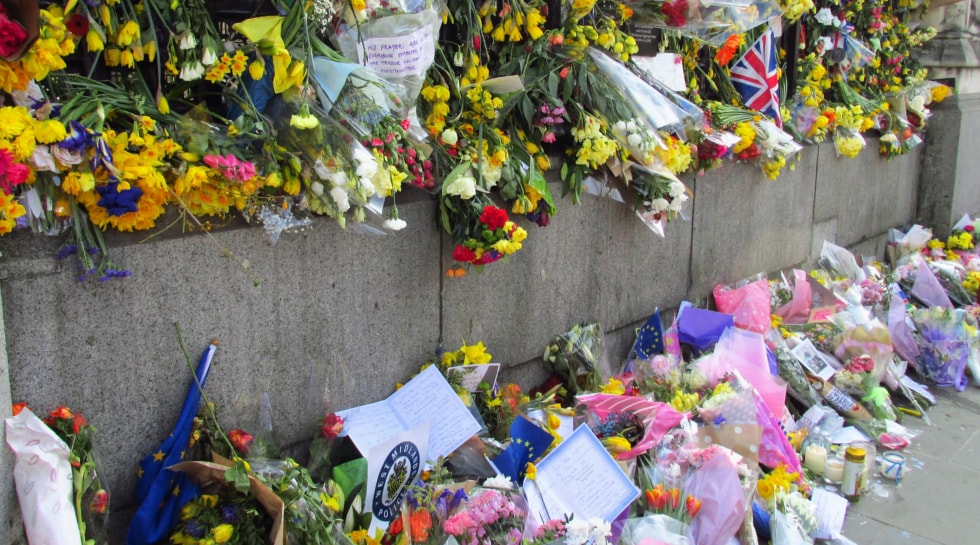
The first thing to catch our eye was the huge number of people walking and milling about – hundreds of them. It was as if they were saying, “We’re not afraid, we’re British”. We soon encountered a lone bagpiper in full Highland regalia. He played Amazing Grace beautifully, and with great feeling. He then played – perhaps for the good of his own soul – Scotland the Brave. It made my hair stand on end.
The bridge had the air of a funeral, as though a beloved public figure had died. It was, to me, a funeral marking the death of a segment of the human race. I was overcome by an awful pang of sadness.
I wept to think such an evil thing could happen anywhere, let alone in the capital of what is, I believe, the most civilized nation in history.
Tragedy of this sort surely calls forth a religious response in most people – a cry of the spirit for meaning. It’s the reason church attendance generally spikes after a catastrophe, say, “9/11” in the U.S., or “7/7”in the U.K. One strains to grasp what has happened, how to make sense out of what is senseless on a worldly level.
Although most would say that English society has been secularized, I believe this secularization is only a “fair-weather” thing – a kind of veneer. Fourteen hundred years of Christianity have forged a national character along certain lines: the honouring of God and Queen, the primacy of duty, integrity, toughness and tenacity. And then there’s the marvelous British sense of humour, that leavens practically everything.
 The practical effect of this religiosity was in evidence on our walk. A charming lady was handing out pamphlets near the east end the bridge; she gave one to Fred and me. The pamphlet emplored people to repent and to be part of “The Great Escape”. She told us she was originally from Sierra Leone (“where Ebola came from”), and represented a nearby Pentecostal church. We talked with her for a few minutes; she was a lovely and utterly sincere lady, and I will never forget her.
The practical effect of this religiosity was in evidence on our walk. A charming lady was handing out pamphlets near the east end the bridge; she gave one to Fred and me. The pamphlet emplored people to repent and to be part of “The Great Escape”. She told us she was originally from Sierra Leone (“where Ebola came from”), and represented a nearby Pentecostal church. We talked with her for a few minutes; she was a lovely and utterly sincere lady, and I will never forget her.
Later, toward the other end of the bridge, we were approached by four young men in broad-brimmed black hats. We recognized them instantly as Orthodox Jews. We asked why they had chosen to speak to us, a couple of random old blokes. They replied that it was because of a tiny pin I had on my hat, depicting crossed Israeli and Canadian flags. This quite thrilled them, and after chatting amicably for a bit, we parted, full of good will for one another.
 Between the end of the bridge and Big Ben, we saw a young man handing out leaflets. On the back of his jacket was printed “Jews for Jesus”. He was intent on getting hold of any Jew who was willing to consider the Gospel of Jesus Christ. We spoke to him a while, encouraged him, and then passed on. We were heading for the Evensong service at Westminster Abbey. Incidentally, this service is held each Friday at five; the magnificent male choir sings, and there is no charge for admission.
Between the end of the bridge and Big Ben, we saw a young man handing out leaflets. On the back of his jacket was printed “Jews for Jesus”. He was intent on getting hold of any Jew who was willing to consider the Gospel of Jesus Christ. We spoke to him a while, encouraged him, and then passed on. We were heading for the Evensong service at Westminster Abbey. Incidentally, this service is held each Friday at five; the magnificent male choir sings, and there is no charge for admission.
The service was beyond expectations – excellent in every way. The Dean of Westminster, Dr. John Hall, gave a sermon, a marvel of Anglican dignity and restraint. He said our sins are like bricks in a wall that separates us from God, and from one another. Only Jesus can knock the wall down.
In relation to the recent tragedy, he proclaimed that we would not give way to hatred and fear, and that we would never surrender to terror. Mr. Churchill, I imagine, was smiling down on us. Dr. Hall declared that we were going to “Carry on, and keep drinking tea.” Is that marvelous, or what?
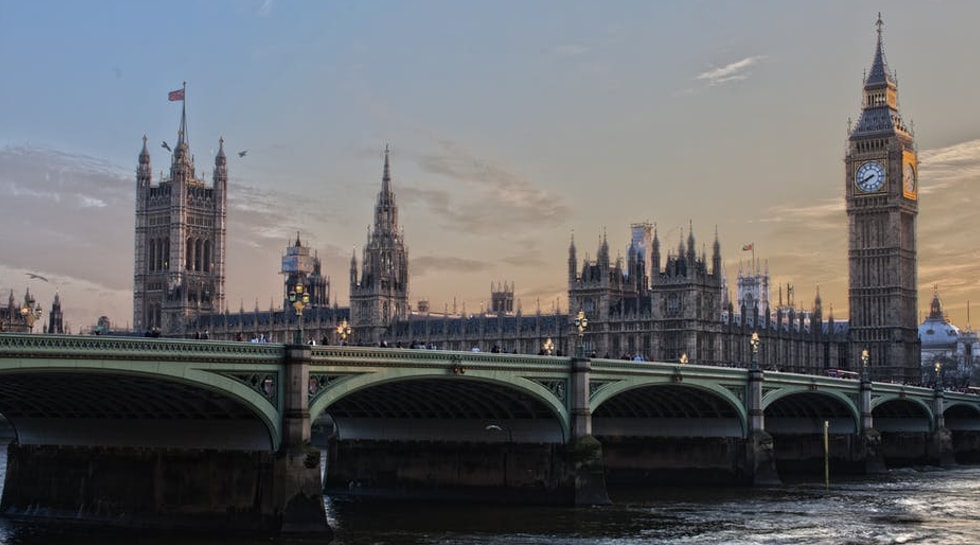
One of my favorite poets, William Wordsworth (1770-1850), wrote Composed Upon Westminster Bridge, September 3, 1802, expessing how he felt about London. His words provide an interesting counterpoint to our recent experience there, displaying other facets of this magnificent city.
Earth has not anything to show more fair:
Dull would he be of soul who could pass by
A sight so touching in its majesty:
This City now doth, like a garment, wear
The beauty of the morning; silent, bare,
Ships, towers, domes, theatres, and temples lie
Open unto the fields, and to the sky;
All bright and glittering in the smokeless air.
Never did sun more beautifully steep
In his first splendour, valley, rock, or hill;
Ne’er saw I, never felt, a calm so deep!
The river glideth at his own sweet will:
Dear God! the very houses seem asleep;
And all that mighty heart is lying still!
Who wouldn’t love this great-hearted city?

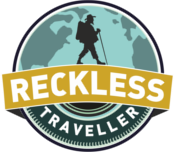
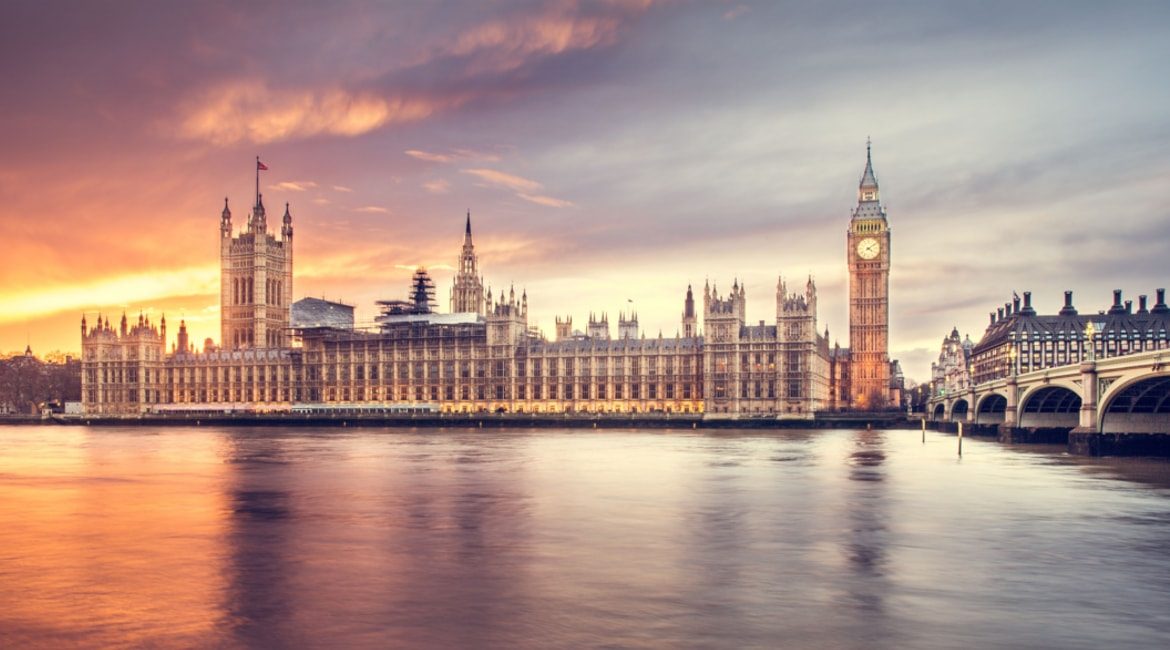

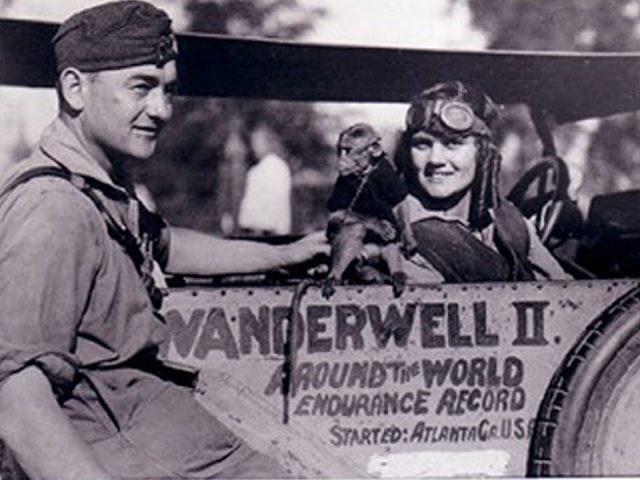
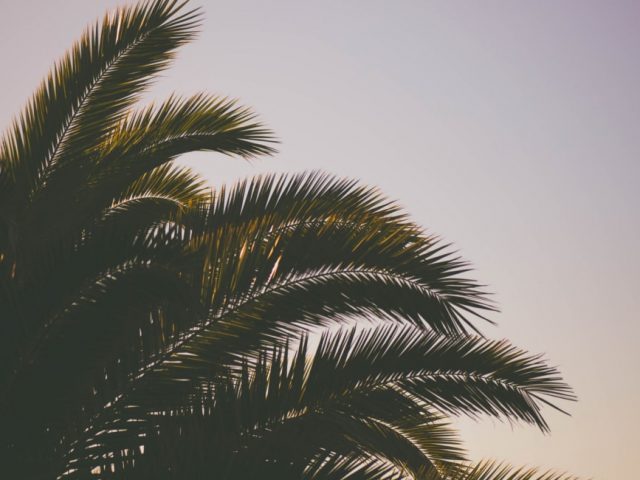
Facebook Comments